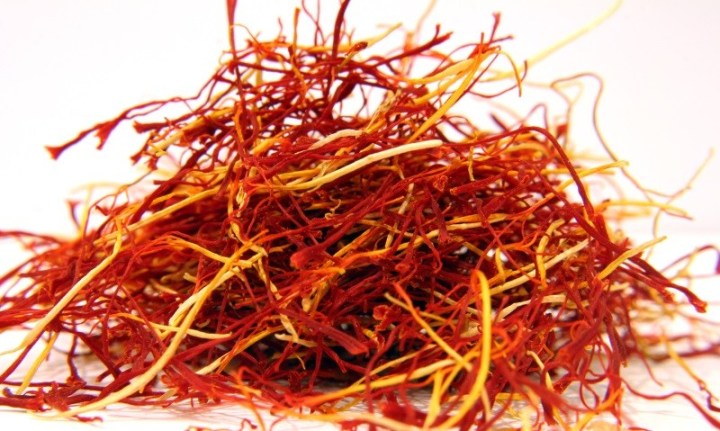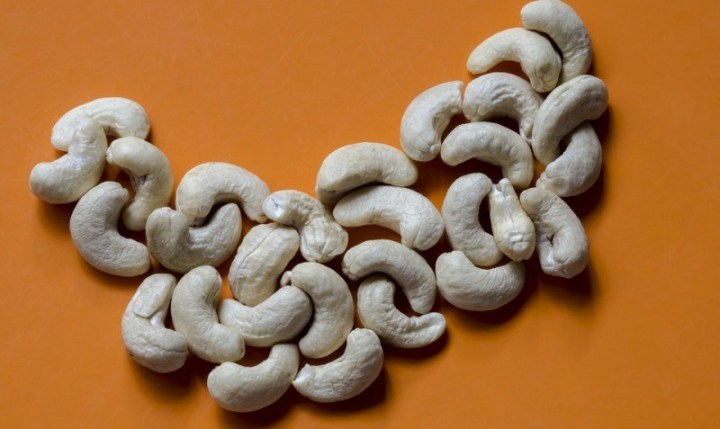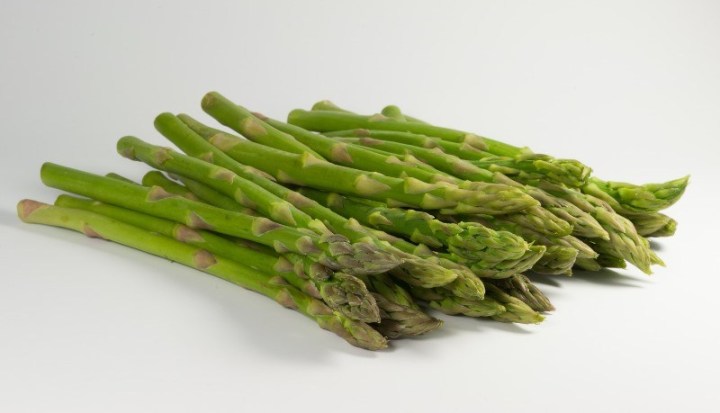7 Best Home Remedies for Depression

1/17/2018 9:24:44 AM
People think depression is sadness, crying or dressing in black, because of the race of life. But people are wrong. We are vulnerable to depression right in our family. This constant sadness drags on for weeks and sucks the joy out of our loved ones. For some people their depression is so severe, or life circumstances are so adverse, that having a positive outlook is impossible. Depressed people can rapidly slide deeper into dark space.
According to the World Health Organisation (WHO) at least 350 million people around the world live with depression. The South African Depression and Anxiety Group (SADAG) says that one in 10 people will suffer from depression at some time. People suffering from depression did not open up about it.
Signs and Symptoms of Depression
- Feeling sad, anxious, ‘empty’ and a deep sense of loss
- A loss of interest or pleasure in hobbies and activities that were once enjoyed
- Feeling hopeless about life and guilty
- Experiencing changes in sleeping habits (sleeping more than usual or experiencing insomnia)
- Gaining a lot of weight or losing a lot
- Loss of appetite
- Feeling slow and fatigued
- Experiencing restlessness, irritability, anger and difficulty concentrating
- Recurrent thoughts of death
When the intensity and duration of these symptoms increases, your family life comes to a standstill. You are distressed, and you seem to not be able to point your finger at a particular reason behind this agony.
Fast Facts on Depression (from WHO and SADAG)
- Depression often starts at a young age and affects women more commonly than men.
- Depression is one of the most treatable mental illnesses and eight out of 10 people can fully recover.
- One to two mothers out of 10 have depression after childbirth.
- Almost one million people worldwide take their own lives each year.
Causes of Depression
According to some researchers, one of the most probable reasons of depression can be the genetic predisposition of the person. Besides, there are other environmental and lifestyle stressors that can lead to depression, the most common being,
- Stressful relationships
- Unfulfilled work
- Drug abuse
- Deficiency of omega-3 fatty acids
- Insufficiency in vitamin B-complex
- Some medications and treatments
There are a number of therapies that you can undertake, or medical supplements you can take, to cure depression. However, along with these, here are some home remedies for depression that can lift your mood. These will help restore the excitement and joy in your family life.
7 Home Remedies for Depression
1. Turmeric

The sad thing about using any type of drug for depression is the horrible side effects that they come with, like having a hard time breathing, bleeding in the stomach, or worst – suicidal thoughts. However, turmeric can help a person with mild depression without having to deal with any side effects. Please be cautious when using turmeric for: pregnant women; people with kidney stones, diabetes and blood pressure; people who need surgery.
How to make turmeric lemonade
- 4 cups of cold water
- 2 tbsp of freshly grated or powdered turmeric
- 4 tbsp of honey
- 1 lemon or lime
- tiny pinch of black pepper
- juice from 1 orange (optional)
Mix all the ingredients in a bowl. Stir it and serve it with slices of lemon. It can be consumed on a daily basis and it goes well with any type of food.
2. Saffron

The carotenoids in saffron make it a very healthy choice to treat mild to moderate depression. Saffron also contains high levels of vitamins B, which increase the levels of serotonin, the happy chemical, in your brain.
- You can take 15 mg of dried extract of saffron, two times a day.
- Alternatively, you can add a pinch of dried saffron to the sweet dishes you prepare, and can also mix them in milk shakes and smoothies.
3. Cashews

Cashews are a rich source of vitamin C, which makes them a great stimulant of the nervous system. The riboflavin-content in cashews gives a major boost to our energy levels, which in turn, makes us more active and happy. Cashews contain several other nutrients that can help you combat depression, such as vitamin B6, tryptophan and magnesium.
- Heat a cup of milk.
- Once lukewarm, add a teaspoon of cashew nut powder, and mix well.
- Drink this, every night before going to sleep.
On the other hand, you may consume one or two dry roasted cashews every day to lift your mood. In that quantity, cashews are a healthy snack.
4. Fish oil
According to studies, people who are suffering from depression, generally, have a low intake of omega-3 fatty acids. So, naturally, they need to increase their omega-3 fatty acid consumption to fight depression, and for that purpose, fish oil is highly recommended to those who are going through depression.
- Every day, take fish oil supplements to fight depression. You might find them in health stores or even grocery stores. You can even buy them online. But before you consume these add-ons, consult a doctor for the right dosage.
- On the other hand, you may eat cold water fish, such as, salmon, sardines and anchovies. These fishes are rich in omega-3 fatty acids. Other good sources of the nutrient are soys.
5. Apples

Apples are rich in vitamin B, phosphors and also potassium. Each of these nutrients repair the damage brain cells, and improve their functioning. As a result, they help you fight the symptoms of depression.
- Wash a fresh apple. Now chop it, and place it in a blender. Extract the juice.
- To the juice, add two teaspoons of honey. Mix well.
- Add the mixture to a cup of lukewarm milk.
- Drink this milk two times a day, once in the morning, and once at night for best results.
- You may also eat an apple a day to prevent depression.
6. Honey

Honey can lift your mood, and help you fight bad feelings and emotions that come with depression. Also, honey can relax your tired nerves. Honey contains tryptophan, an amino acid that invokes sleep. Sleep, in turn, helps fight depression.
- Crush around 10 almonds.
- Now add two teaspoons of honey to the mix. Blend well.
- Eat a teaspoon of this mix two times a day for best results.
7. Asparagus

Asparagus has compounds that lift our spirits, helping us fight depression. Asparagus contains high levels of folate, which enhances our brain functioning. The vitamin E in asparagus produces the chemical, serotonin that helps stabilize our mood.
- Eat fresh asparagus by steaming it or grilling it, five times a week for positive results.
- You may even take a teaspoon of powdered asparagus root. Follow it with a glass of water. Consume this once every day to beat depression.
More importantly, family and friends can display empathy and understanding that their loved one is going through a hard time. Please resolve never to ask them why or press them to make progress too fast. Listening, affection and caring provide a good start. Let them know that they are not alone in this fight. If the symptoms persist and all else fails, seek for professional help.